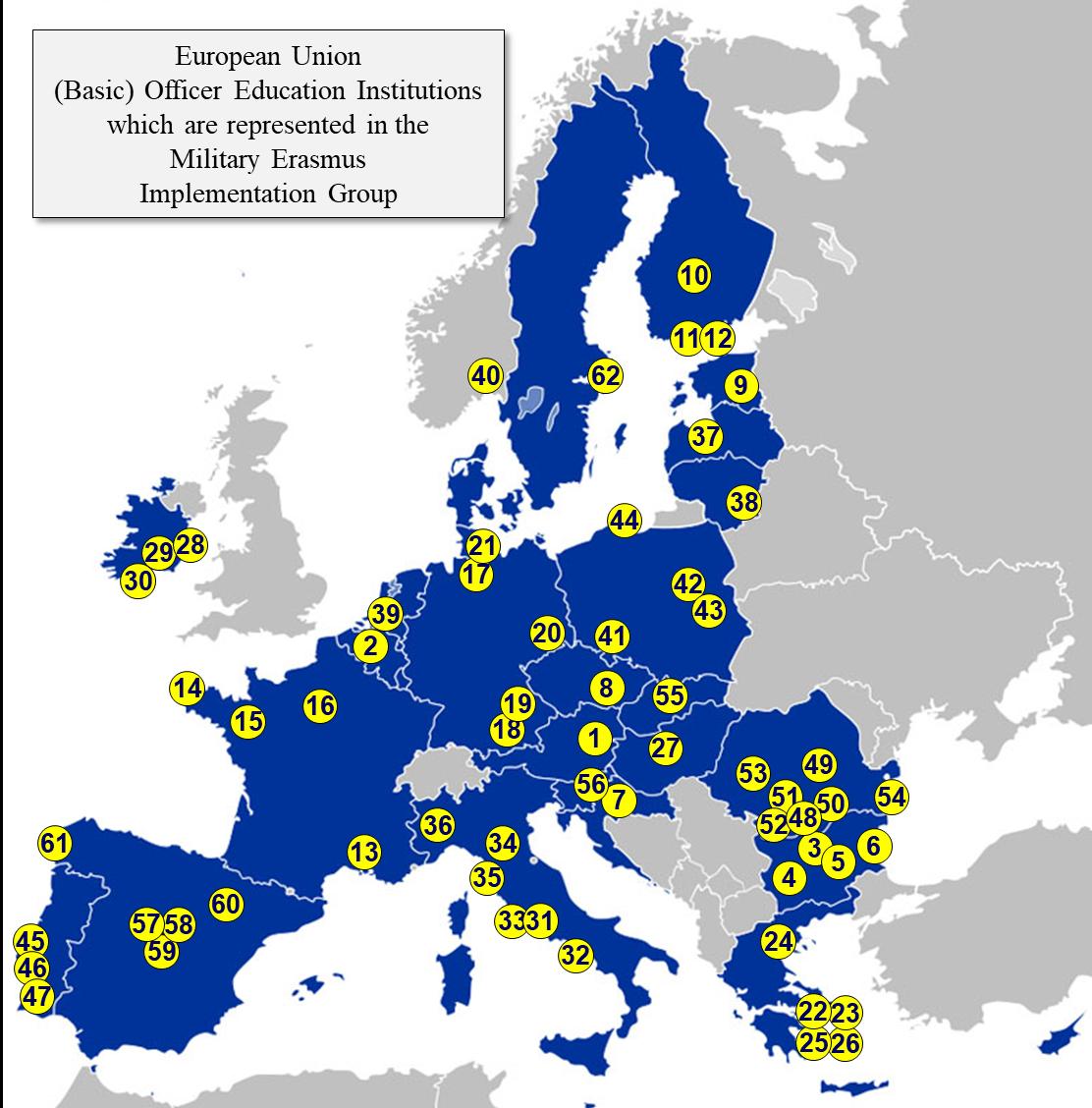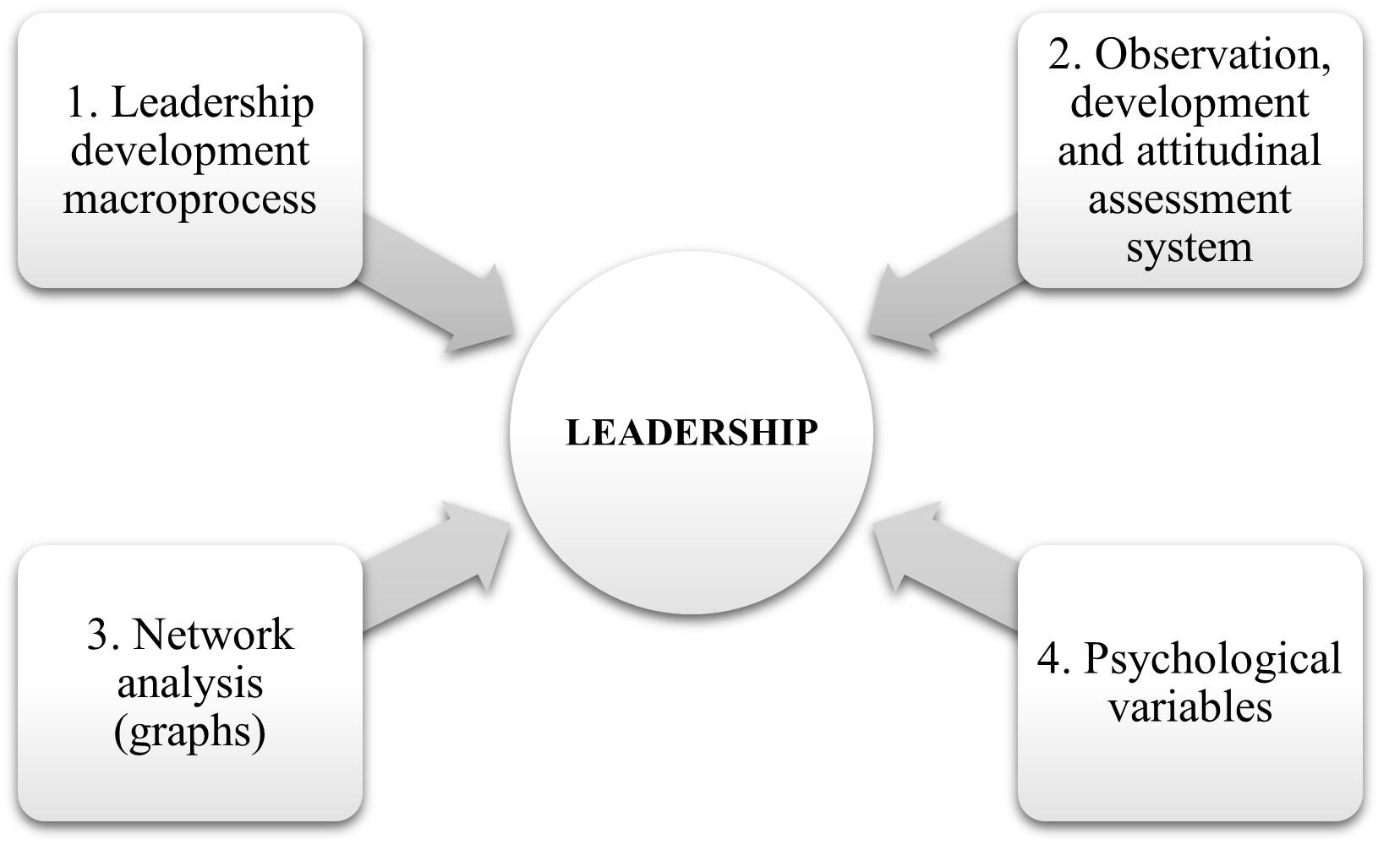Journal of Peace and War Studies, ISOMA Special Edition (October 2021): 106–117
We Need to Rethink Reality: The War Nexus and Complexity André Simonyi Abstract: Concepts such as complex adaptative systems, networking and chaos have been around over much of the twentieth century in many fields and disciplines. Yet, complexity thinking is mostly overlooked in the education of future military leaders. Consistent with the traditional Newtonian reductionist approach, the world is still presented in a linear and causal fashion with ready-made problem-solving methodologies. In this paper, we challenge this linearity and argue that to address complex challenges in a complex world, we should shift to complexity thinking as the principal cognitive imprint. With the multidimensional reorganization of global society, the metaphorical boundaries circumscribing military interventions, the battle-space, become porous and difficult, if not impossible to isolate. Today’s battle-space expands into a complex environment encompassing all societal domains to create the war nexus. Yet we still think of the battle-space as a closed system. To understand this evolving paradigm, leaders at all levels need to process reality in terms of complexity while retaining their operational focus. In time, this shift will provide the institutional capacity to understand, analyze, plan, and act in the current multidimensional war nexus. Keywords: Complexity War; Military Education; Battle-space; Systems Theory; Total War; Whole of Government; War Continuum.
Introduction “To accept that the world is complex rather than predictable and controllable is to change our approach to everything: our approach to change, to management, to policy development, to evaluation, to leadership—and to living.”1 Over the last four hundred years, the realm of the soldier, the battlefield, has expanded dramatically. From the fields of Agincourt to the battle-spaces of Afghanistan and Iraq, the representation of war has grown from a relatively simple, well-defined place to a complex, multilayered environment. Yet, our doctrines retain, for the most part, war as an autonomous domain, a closed system — the clausewitzian extension of politics bringing closure to a dilemma by its decisiveness.2 This representation, however, is increasingly met with contradictions: the capacity to bring decisive closure through victory on the battlefield, or battle-space, has eroded gradually. Winning wars in the twenty-first century is a soft notion defined by its multiplicity and evasiveness. As military might is increasingly a tool in the arsenal rather than the last resort, waging war encapsulates a complex and multidimensional environment. It involves many interdependent domains, or systems, creating the conditions of success for a national security strategy. This is not “total war,” as the mobilization of national resources to support the war effort, but rather the coordination of a complex set of assets—political,
© 2021 John and Mary Frances Patton Peace and War Center, Norwich University ISSN 2641-841X (print), ISSN 2641-8428 (online)











